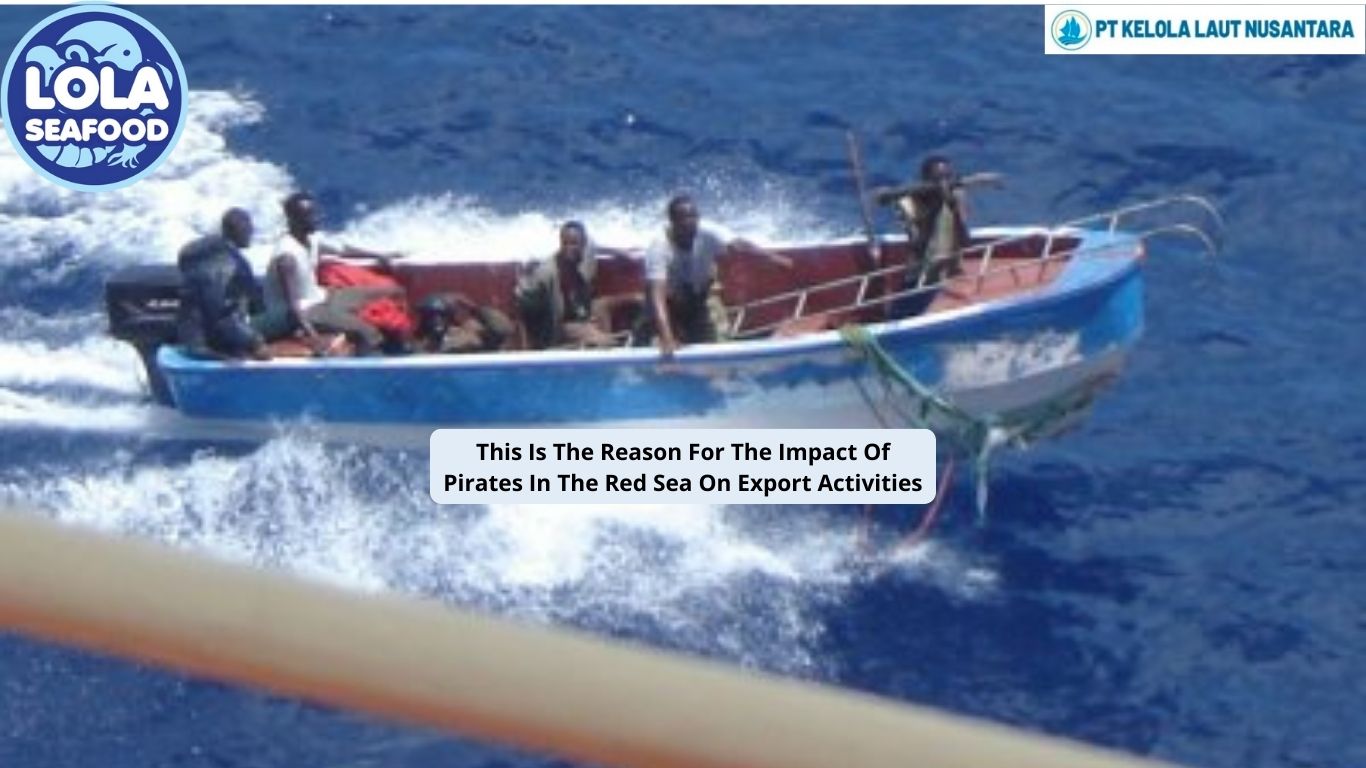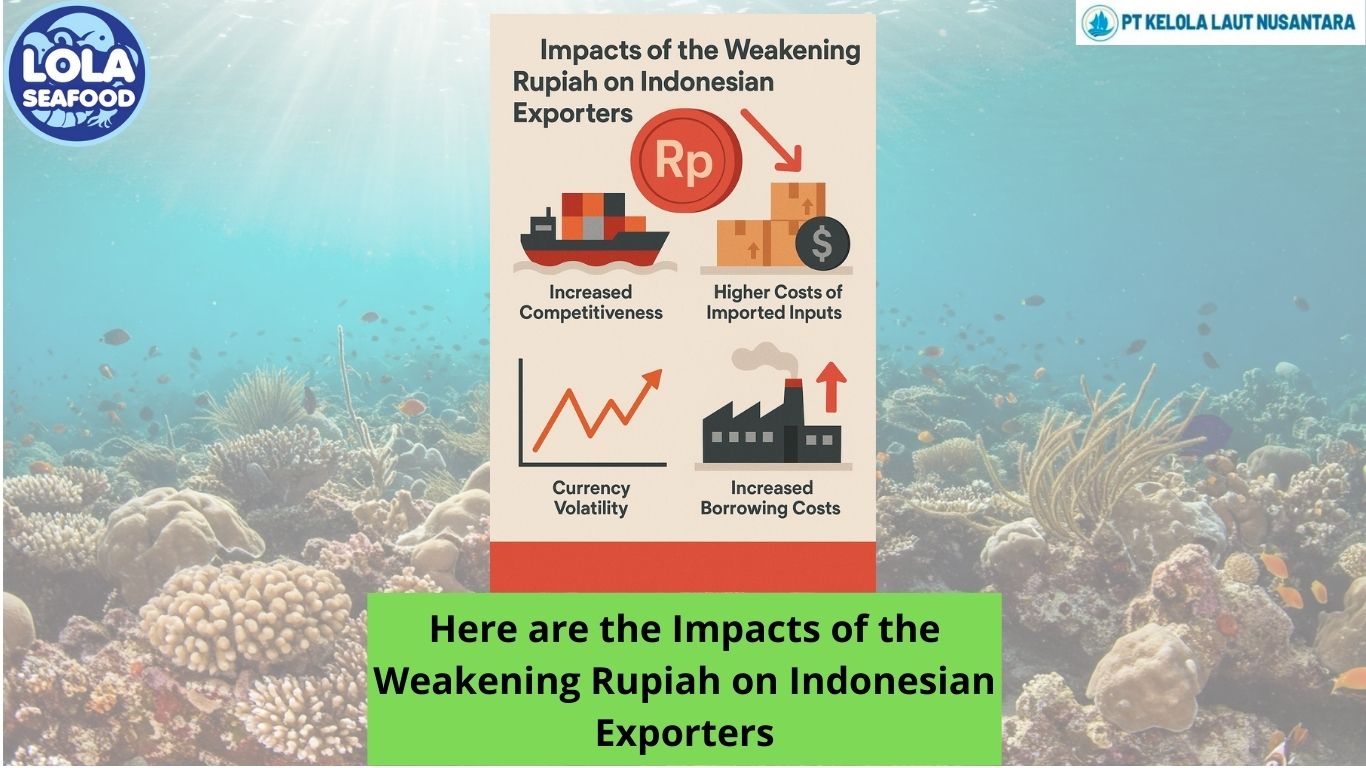This Is The Reason For The Impact Of Pirates In The Red Sea On Export Activities
By. Kusni - 19 Dec 2024
kelolalaut.com The Red Sea is a crucial maritime route that links Europe, the Middle East, and Asia. It is a gateway for global trade, facilitating the transportation of goods through the Suez Canal, one of the world’s busiest waterways. However, piracy in the region has significantly disrupted export activities, impacting economies and supply chains globally.
Historically, the Red Sea has seen sporadic piracy, but in recent decades, it escalated due to instability in neighbouring countries like Somalia. Somali pirates, exploiting the region’s political and economic vulnerabilities, have targeted commercial vessels, oil tankers, and cargo ships. These attacks involve hijackings, ransom demands, and theft, creating financial losses for shipping companies and exporters. As a result, insurance premiums for ships passing through the region have increased substantially, driving up the overall cost of trade.
The presence of pirates has forced shipping companies to implement costly countermeasures. These include hiring private security personnel, using convoy systems, and rerouting ships to avoid high-risk areas. Such measures not only increase operational expenses but also cause delays in delivery, affecting the timely movement of goods. Exporters reliant on perishable or time-sensitive products face heightened risks, as delays can lead to spoiled goods or missed market opportunities.
Furthermore, piracy in the Red Sea disrupts regional economies that depend on exports. Countries like Saudi Arabia and Sudan, which export oil, minerals, and agricultural products, experience significant setbacks. Reduced trade efficiency leads to diminished revenue, affecting national economies and local livelihoods. The disruptions also undermine investor confidence in the region, deterring foreign investments essential for economic growth.
International efforts to combat piracy have yielded some success. Naval patrols by coalitions such as the Combined Maritime Forces (CMF) have reduced pirate attacks. Additionally, regional governments and organizations, like the African Union, have worked to address the root causes of piracy, including poverty and political instability. Despite these efforts, the threat persists, requiring continuous vigilance and cooperation.
Piracy in the Red Sea has far-reaching implications for export activities, driving up costs, delaying trade, and destabilizing economies. Addressing this challenge requires sustained international collaboration, investment in regional stability, and effective maritime security measures to ensure the safety and efficiency of this critical trade route.
if you are interested in our Emperor, Grouper, Scarlet Snapper please do not hesitate to contact us to email and / or whatsapp

.jpg)
.jpg)
.jpg)




